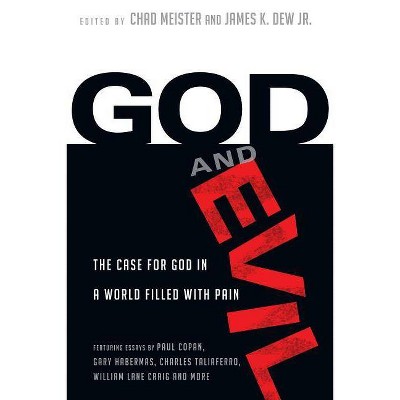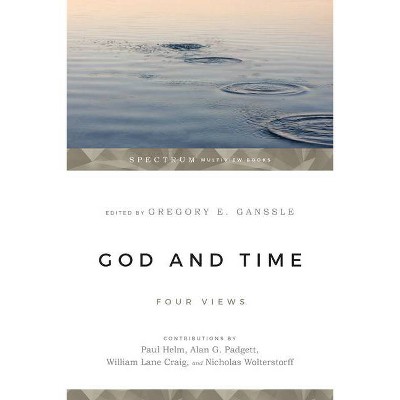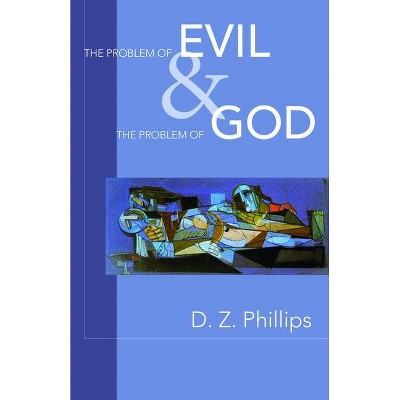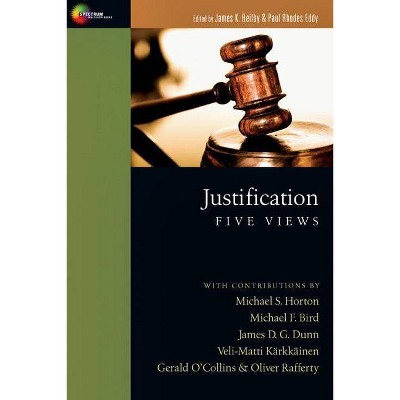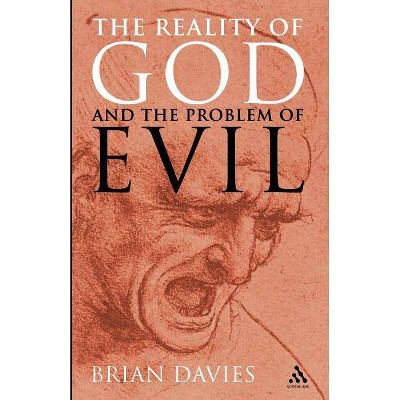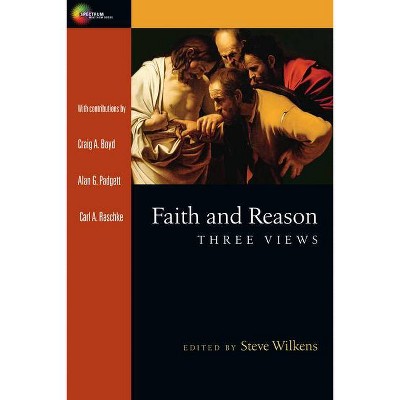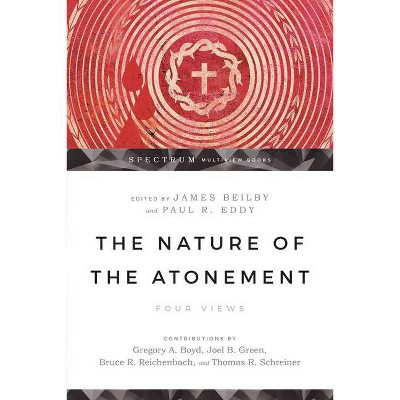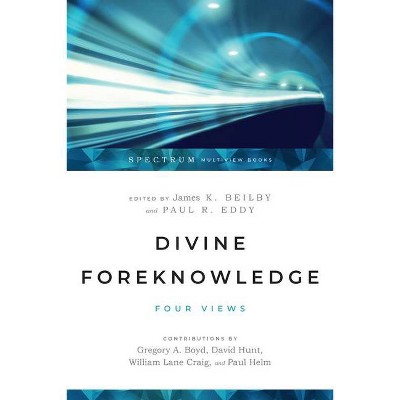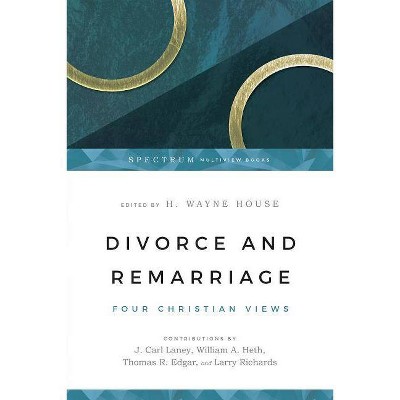God and the Problem of Evil - (Spectrum Multiview Book) by Chad Meister & James K Dew Jr (Paperback)
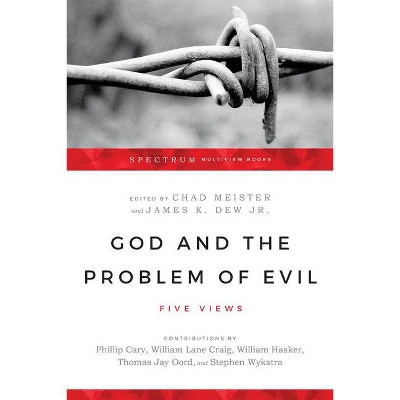
Similar Products
Products of same category from the store
AllProduct info
<p/><br></br><p><b> About the Book </b></p></br></br><p>The problem of evil has produced many responses and elicited vigorous debate. In this multiview book, five philosophical theologians discuss and defend different solutions to this ancient problem: Phillip Cary on the classic view, William Lane Craig on Molinism, William Hasker on open theism, Thomas Jay Oord on essential kenosis, and Stephen Wykstra on skeptical theism.</p><p/><br></br><p><b> Book Synopsis </b></p></br></br><p> <strong>Evil abounds. And so do the attempts to understand God in the face of such evil.</strong> The problem of evil is a constant challenge to faith in God. How can we believe in a loving and powerful God given the existence of so much suffering in the world? Philosophers and theologians have addressed this problem countless times over the centuries. New explanations have been proposed in recent decades drawing on resources in Scripture, theology, philosophy, and science. <em>God and the Problem of Evil</em> stages a dialogue between the five key positions in the current debate: </p><ul> <li>Phillip Cary: A Classic View</li> <li>William Lane Craig: A Molinist View</li> <li>William Hasker: An Open Theist View</li> <li>Thomas Jay Oord: An Essential Kenosis View</li> <li>Stephen Wykstra: A Skeptical Theism View</li> </ul><p>According to the classic position, associated especially with the Augustinian tradition, God permits evil and suffering as part of the grand narrative of divine providence to bring about the redemption of creation. Molinism modifies the classic view by adding God's middle knowledge to the picture, in which God has knowledge of what creatures would do in all possible worlds. Open theism rejects the determinism of the classic view in favor of an account of God as a risk-taker who does not know for sure what the future holds. Essential kenosis goes further in providing a comprehensive theodicy by arguing that God cannot control creatures and thus cannot unilaterally prevent evil. Skeptical theism rejects the attempt to provide a theodicy and instead argues that, if God exists, we should not expect to understand God's purposes. Edited and with an introduction by Chad Meister and James K. Dew Jr., <em>God and the Problem of Evil</em> hosts a generous and informative conversation on one of the most pressing issues in the Christian life.<p/><br></br><p><b> Review Quotes </b></p></br></br><br><p><em>God and the Problem of Evil</em> offers a lucid, emotionally sensitive, and diverse set of essays on the problem of evil. It would serve well for pastors, students, and small groups who are looking for a place to start their journey into this issue, or for people who are wishing to go a bit deeper in their reflection on God and evil.</p>--R. T. Mullins, Journal of Biblical and Theological Studies<br><br><p><em>God and the Problem of Evil</em> will be a helpful volume for those new to the discussion of this problem and looking for a brief overview of the possible arguments and counter-arguments made by Christian philosophers and theologians.</p>--Jake Raabe, The Baptist Standard, April 11, 2017<br>
Price History
Price Archive shows prices from various stores, lets you see history and find the cheapest. There is no actual sale on the website. For all support, inquiry and suggestion messages communication@pricearchive.us
